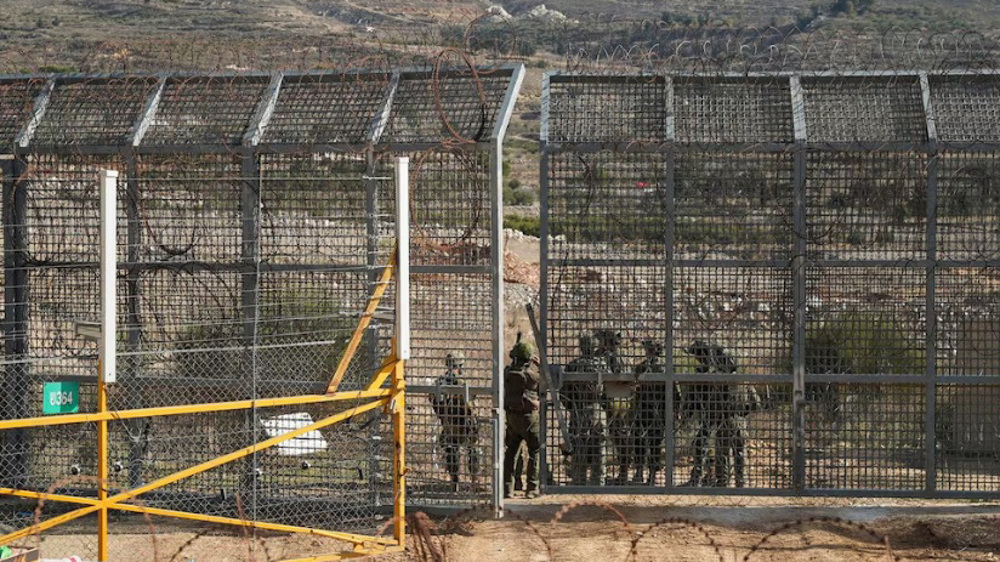'Saudi Arabia providing banned chemical munitions to Nusra Front'
A senior European official says Saudi Arabia is providing the al-Qaeda-affiliated Nusra Front in Syria with chemical weapons.
Secretary of the European Department for Security and Information (DESI) Haitham Abu Said said the terrorists regularly use the munitions in their attacks against Syrian civilians.
Abu Said said the ammunition are being supplied to the extremists every month under a plan drawn up in Bulgaria, and sneaked into Syria through the Jordanian border.
He said Nusra Front terrorists have used weapons containing chemical agents against Syrians on a number of occasions, most recently in the strategic northwestern province of Aleppo.
International organizations, he said, have documented several such incidents in the past.
Russian Defense Ministry, meanwhile, said several trucks, carrying improvised chemical weapons, have been transported to Aleppo from neighboring Idlib.

“The arms are said to contain chlorine-based toxins,” the ministry said in a statement.
On May 3, Director General of the Organization for the Prohibition of Chemical Weapons (OPCW) Ahmet Uzumcu said Daesh might have used chemical weapons both in Iraq and Syria.
Uzumcu said fact-finding teams from The Hague-based watchdog had discovered evidence that suggested the use of sulfur mustard in attacks in the two crisis-hit Arab countries.
“Although they could not attribute this to Daesh... there are strong suspicions that they may have used” chemical weapons, Uzumcu said.
On April 7, 23 people were killed and over 100 others injured in a chemical attack by Daesh terrorists against members of the Kurdish People's Protection Units (YPG) in Aleppo.
Videos posted online purportedly show yellow gas rising over Sheikh Maqsood neighborhood in Aleppo, some 355 kilometers (220 miles) north of Damascus.

Syria's al-Ikhbariyah television said Monday that Daesh had fired a barrage of rockets, carrying mustard gas, at a Syrian military airport in the eastern city of Dayr al-Zawr.
According to the Syrian-American Medical Society, Daesh has carried out more than 160 attacks involving “poisonous or asphyxiating agents, such as sarin, chlorine, and mustard gas” since 2011.
At least 1,491 people have been killed in the chemical attacks.
In August 2013, hundreds of people were also killed in a chemical attack in the Ghouta suburb of Damascus. According to reports, the rockets used in the assault were handmade and contained sarin.
VIDEO | Yemeni forces repel US-British attack, down F-18 Jet
Iran’s capabilities vast; enemy’s ‘maximum pressure’ policies all failed miserably: Senior official
Iran’s economy grew 2.7% y/y in Sep quarter: CBI
VIDEO | Freelancers in Gaza strive to stay online amid genocide
Mikati demands Israel's withdrawal from south Lebanon
Yemeni army strikes Israeli military sites with drones
‘Clock ticking’: UNRWA slams unjustifiable killing of children in Gaza
BP to be sued in Britain for supplying oil to Israel

















 This makes it easy to access the Press TV website
This makes it easy to access the Press TV website